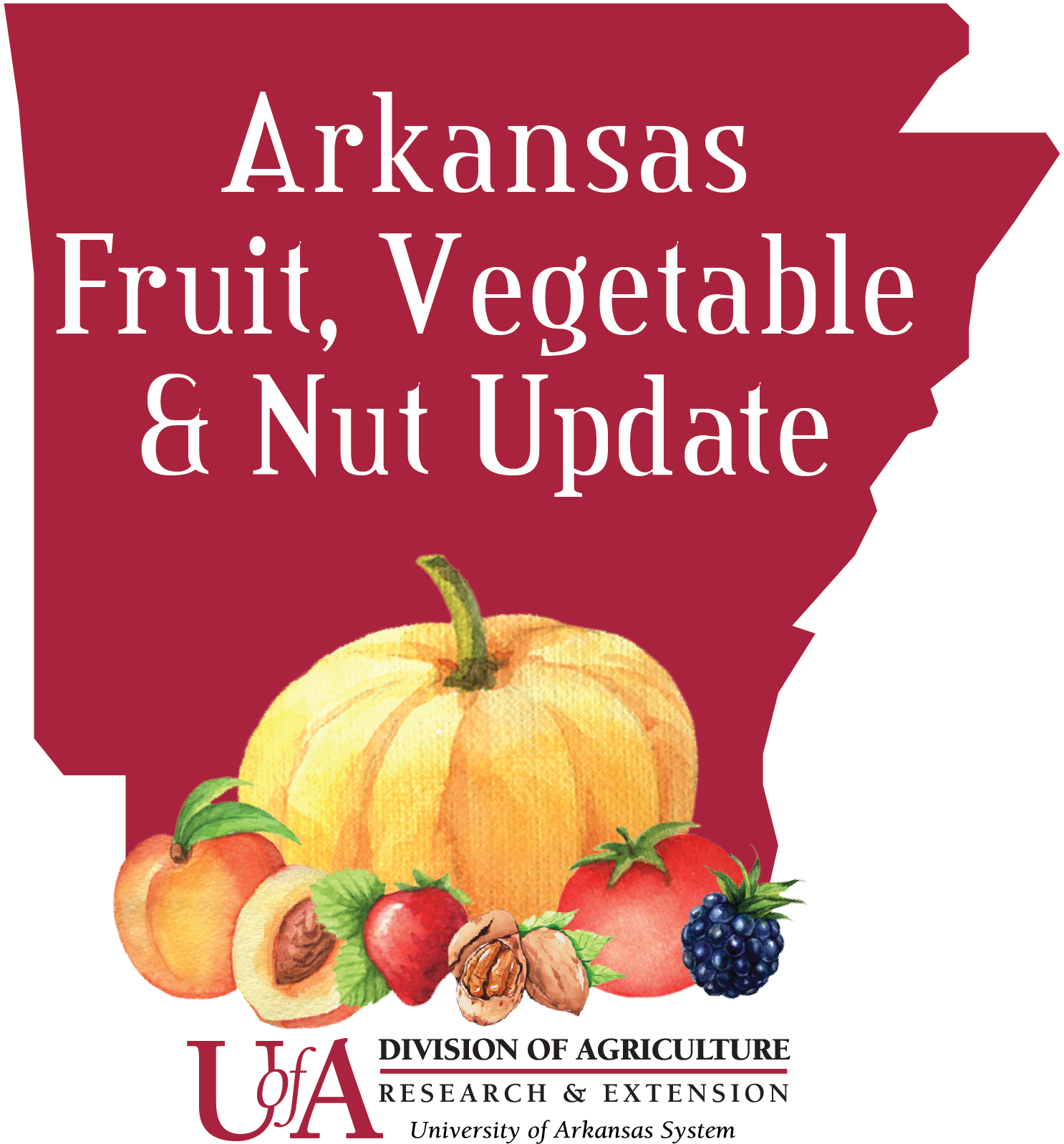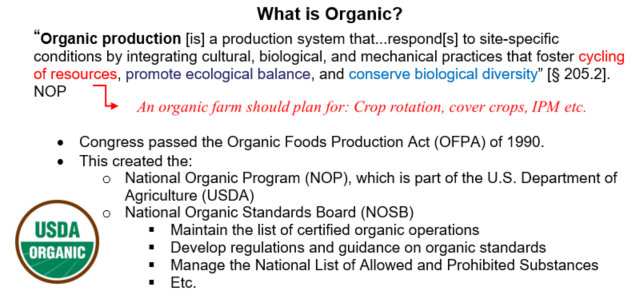
Resources for Organic Questions
Many people across the state have been asking many questions about what does it mean to farm “organically”. We have compiled some basic information and a list of resources that hopefully will answer some of your most basic questions!
Organic Production
The use of organic production systems to produce crops continues to grow, this is particularly true for fruit and vegetable production. See the two charts below.
Growth in Organic Production




Some of the Basic Rules
- Must create an Organic Systems Plan -- demonstrate organic principals

- Only use Organic Materials Review Institute (OMRI) pesticides and fertilizers
- Allowed: chlorine, copper sulfate, lime sulfur
- Genetically engineered varieties (GMOs) are prohibited.
- Hydroponics is allowed
- This is a contentious issue, see more info here.
- A vote as of Nov 2017 continued to allow hydroponics, aquaponic, and aeroponic growers to maintain their certifications. However, aeroponic production is now being called into question.
- More info on these types of production systems and organic standards can be found here
- A field is eligible for organic status if no prohibited materials have been applied for a period of 36 months (3 Years)
- Transition period for land with no records
- Producers who market <$5,000 worth of organic products are not required to apply for organic certification.
- Can call it “organic”, but CANNOT use the logo. (7 CFR 205.310 (a)(1))
- Must follow rules; Must keep records for at least 3 years; Produce cannot be used as organic ingredients in processed products
- https://www.ams.usda.gov/grades-standards/organic-labeling-standards
- People who sell or label a product "organic" when they know it does not meet USDA standards can be fined up to $11,000 for each violation




Fact Sheets
https://www.uaex.uada.edu/publications/PDF/FSA-41.pdf
https://www.uaex.uada.edu/publications/pdf/FSFCS96.pdf



Resources
https://www.ams.usda.gov/sites/default/files/media/GuideForOrganicCropProducers.pdf


